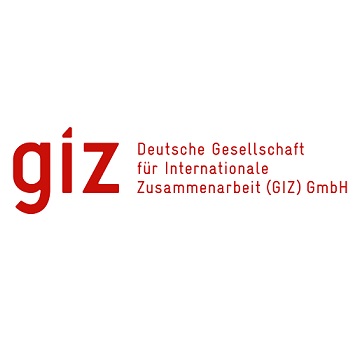The German Economic and Development Agency (GIZ) has evaluated 480,000 Micro, Small, and Medium Enterprises (MSMEs) in Nigeria, with plans for targeted interventions to boost their operations and economic impact. This assessment spans five states—Ogun, Edo, Plateau, Niger, and Lagos—as well as the Federal Capital Territory, and is part of GIZ’s Sustainable and Inclusive Economic Development for Decent Employment (SEDIN) program, focused on sustainable infrastructure, green energy, and responsible production.
During the Industrial Clusters Development Stakeholders Forum in Abeokuta, Ogun State, GIZ Head of Component Business Environment Reform, Investment, and Infrastructure, Mr. Akinropo Omoware, shared that the initiative has identified 60 business clusters requiring strategic support. The forum, themed *“Towards Building Sustainable Infrastructure, Fostering Green Industries, and Responsible Production in Nigeria,”* brought together government representatives, entrepreneurs, and industry stakeholders.
Omoware explained that SEDIN is assessing each cluster’s Environmental Social Governance (ESG) framework, management capacity, and business operations. The goal is to make these MSMEs more competitive and sustainable. “We’re moving from traditional value chain development to empowering industrial and digital clusters with improved infrastructure, green energy solutions, and access to new markets,” Omoware stated.
Key aspects of GIZ’s intervention include addressing infrastructure deficiencies, enabling green energy integration, and facilitating business-friendly policies to improve access to finance. “Nigeria’s job market depends on private sector growth,” Omoware said. “The government and private sector must work in synergy, ensuring policies foster job creation rather than inhibit it.”
The Ogun State Government, represented by the Director of Industrial Promotion, Mr. Kayode Akintonmide, also highlighted state initiatives aimed at supporting MSMEs. These include the *Ogun Cares* grant, the *Owonise Dapo* project for cooperative development, and the *Okowo Dapo* program under the Ministry of Women Affairs, along with the Ogun State Government and Bank of Industry MSME Funding Scheme, which provides low-interest loans.
For sustainable progress, Omoware emphasized energy and infrastructure as major concerns for MSMEs in these clusters. “We’re actively exploring renewable energy options to empower these clusters with reliable, clean energy,” he noted, adding that GIZ’s green energy initiatives aim to transform Nigeria’s reliance on imports into an economy driven by local production and exports.
In his concluding remarks, Omoware stressed the need for infrastructure improvements, especially in energy and waste management, as well as access to broadband connectivity, to enable Nigerian MSMEs to compete on a global scale. The stakeholders agreed that through collaborative efforts and a green-focused approach, MSMEs can drive Nigeria’s sustainable economic growth and job creation.










